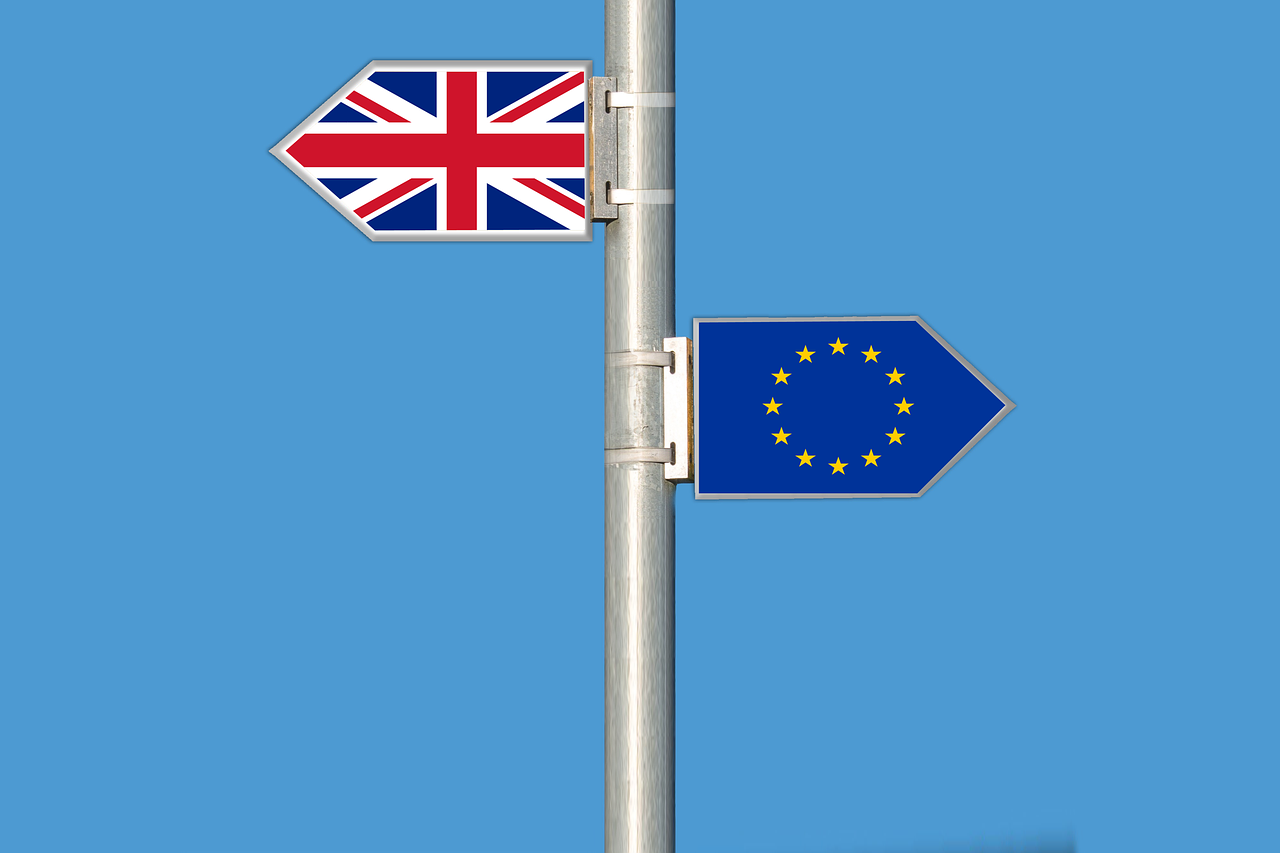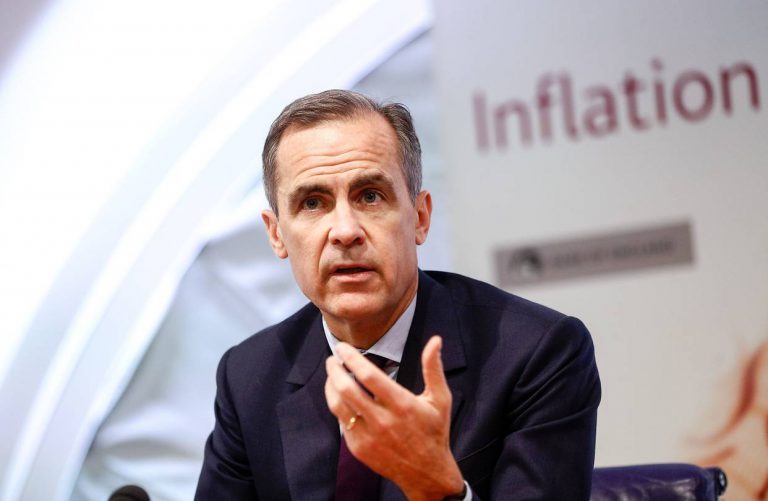What does Brexit mean for expats?
Expats throughout Europe have been taking advantage of the free movement and employment they’ve become accustomed to, since Britan decided to leave the EU expats throughout Europe are now in jeopardy of losing those rights and given the new title of ‘illegal immigrants’.
The UK under Article 50 of the Treaty on European Union has two years to arrange new deals with EU member states
What does Brexit mean for expats?
Property: Many expats own property in Europe and its unlikely any change will be implemented there so their properties should be safe, however the main concerns would be Taxes, property tax and inheritance tax laws, these are the main issues to watch out for. If the pound remains weak this would attract far more expats to take up the opportunity to re enter back into the UK property market.
Work Rights: Another topic of concern for expats would be the rights to work within Europe, some EU countries may implement tougher and stricter entry rules when it comes to permits and setting up businesses. they may lose their automatic right to work within the EU and asked to apply for a blue card
For the next 2 years at least, nothing will change for British expats abroad, as Britan will remain a part in the EU until then.
After last week’s vote, Spain’s Prime Minister Mariano Rajoy said nothing would change for Britons in Spain while an exit was being negotiated – they would have the same rights they have enjoyed until now as EU citizens.
What happens after Britain exits the EU depends on the type of deal the UK strikes with the EU. It is possible it could become more difficult for new expats to find work.
They could fall foul of the rule which exists in 15 EU member states, which says that you can only be hired if no other suitable candidate has been found within the EU area.
“[The] Brexit vote throws into serious doubt the rights of UK expats to work in EU countries,” says George Peretz QC, an expert in EU law. “Everything depends on the arrangements that the UK enters into with the EU after withdrawal.”
The fall in sterling: The fall in sterling has greatly impacted the Retired expat community throughout Europe that depend on their Pensions as the only means of income.
“For anyone who relies on an income in the UK and is paid in pounds, but lives somewhere else, a decline in sterling can be disastrous, as their spending power is undermined when the pound falls,” says Kathleen Brooks, research director at City Index. But that’s not the case for all expats.
“If you are an expat and you earn in another currency, say US dollars, and you visit the UK frequently, then this decline in the pound has been good news, especially since the dollar has been strengthening this year,” she adds.
Retired expats take up the biggest share of expats abroad who highly depend on their pensions to fund their lives in the sun. The worry here is the fluctuations of the currency exchange rate with sterling falling its been predicted it will not recover anytime soon.
Whether expats will continue to have their pensions updated annually is another fear among expats,at the moment their pensions are protected meaning as inflation rises so do the pensions, without this law in place we could be seeing an influx of expats returning to the uk because they cant keep up with inflation and cant afford to live in their adoptive country any longer.
Following the vote to leave, the UK government will have to decide whether this will continue or whether UK pensioners living in EU countries should be treated as they are if they retire to Canada, for example, where their pension is frozen.
At the moment, part of the reason that UK pensioners in the rest of the EU see their pension go up every year is because the principle of the single market is applied. That means pensions and other social security payments rise wherever you live. Because this agreement is a mutual arrangement between the UK and the rest of the EU, it is now likely to form part of the renegotiation process.
However, Tom Selby, senior analyst at AJ Bell, says: “While some believe the government will be able to negotiate protections for expat pensioners – it is worth noting the UK has not arranged a similar deal with a non-EU country since 1981.”
He suggests Britons who have retired to Europe could see their state pensions curtailed by up to £50,000 if a pensions deal is not negotiated.
For more information please contact us, or alternatively schedule a free, no obligation appointment with one of our regulated and licensed Financial Advisors here
Disclaimer: Any information or related news item displayed on this site is believed to be factual and up-to-date, but we do not guarantee its accuracy and it should not be regarded as a complete analysis of the subjects discussed or as advice in anyway and all users should seek independent advice before relying on any information or comment expressed within the site. All expressions of opinion reflect the views of their respective authors as of the date of publication and are subject to change. Use of Links (hyperlinks) to or from other internet sites may be included at times for the convenience of the user. Synergi Europe and its affiliates assume no responsibility for the content of any linked site. The fact that such links may exist does not indicate approval or endorsement of any material contained on any linked site.






